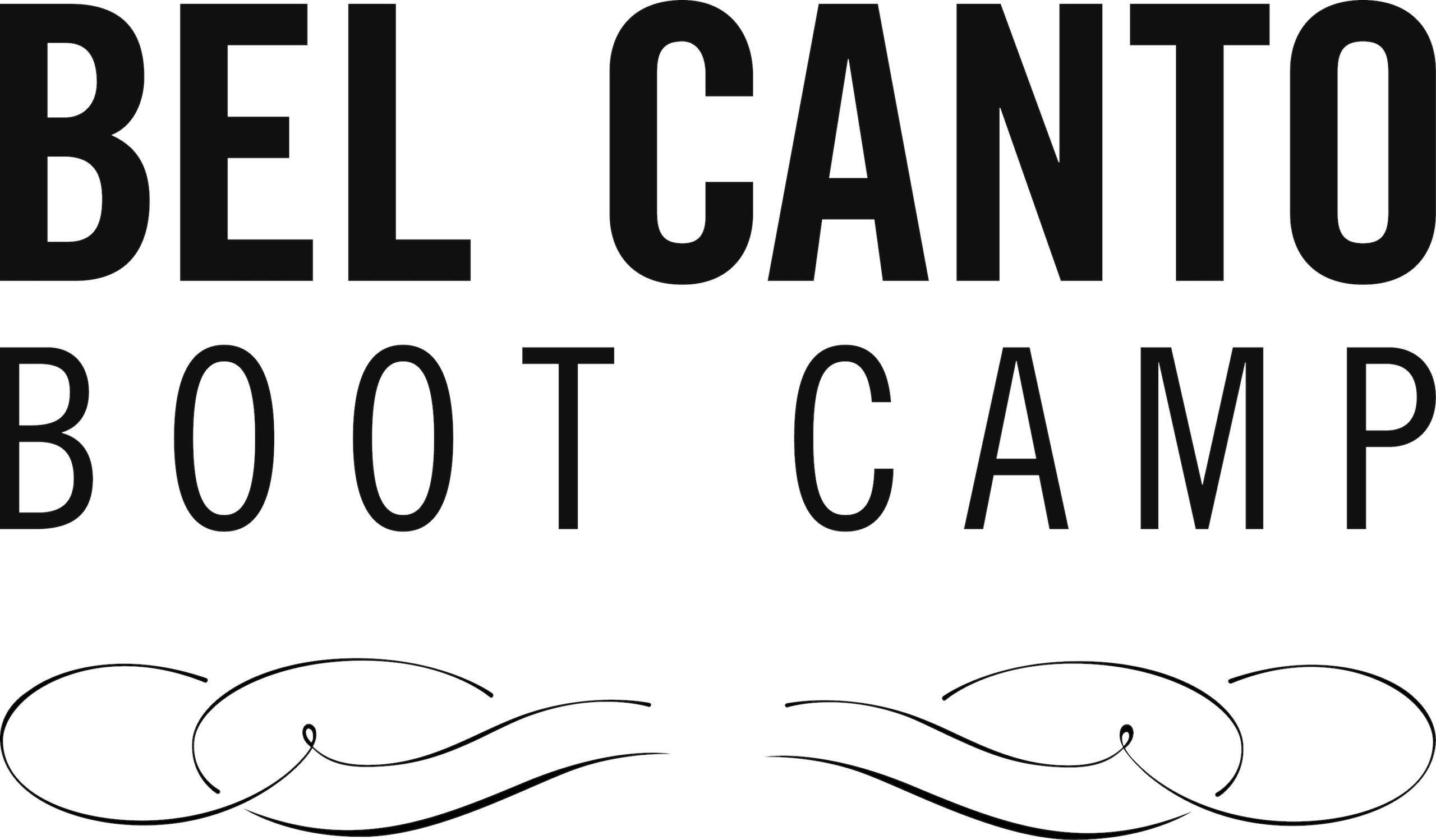Levitin, Daniel. This Is Your Brain on Music: The Science of a Human Obsession. 2019.
In anticipation of spending a few weeks exploring Lynn Helding’s The Musician’s Mind, I would first like to recommend a more general book on music and the brain. Daniel Levitan was a musician who became a recording engineer and record producer. He then had other assorted jobs in the recording industry before going to college in his thirties to study cognitive science. His background in both music and brain science gave him a unique perspective in researching the more perplexing problems in the field of neurobiology. What is happening in our brains when we listen to or perform music? (Those, it turns out, are two different questions.) What is it that we remember when we remember music: the exact pitches and rhythms or is it the contour that we remember? (There is evidence for both views!)
A main topic here though is Levitin’s challenge to the view of Stephen Pinker and others that music is just a biproduct of more useful cognitive processes. “Music as auditory cheesecake.” That it is just a byproduct of other evolutionary processes that simply gives us pleasure but serves no other necessary function. Levitin argues that music served as an indicator of cognitive, emotional, and physical health, and was evolutionarily advantageous as a force that led to social bonding and increased fitness.
Levitin also makes a compelling case for the importance of music education.
When they find out what I do for a living, many people tell me they love music listening, but their music lessons ‘didn’t take.’ I think they’re being too hard on themselves. The chasm between musical experts and everyday musicians that has grown so wide in our culture makes people feel discouraged, and for some reason this is uniquely so with music. Even though most of us can’t play basketball like Shaquille O’Neal, or cook like Julia Child, we can still enjoy playing a friendly backyard game of hoops, or cooking a holiday meal for our friends and family. This performance chasm does seem to be cultural, specific to contemporary Western society. And although many people say that music lessons didn’t take, cognitive neuroscientists have found otherwise in their laboratories. Even just a small exposure to music lessons as a child creates neural circuits for music processing that are enhanced and more efficient than for those who lack training. Music lessons teach us to listen better, and they accelerate our ability to discern structure and form in music, making it easier for us to tell what music we like and what we don’t like.
As it is intended for a general rather than academic audience, this is an easy read, but it is also a fascinating one. This is a summation of the current research on how music works in the brain and an admission that there is still a great deal we do not yet understand. At this point I must admit that I listened to the audiobook version, which is excellent and includes auditory, often musical, examples. Audiobooks are often available to those with library access and can be an effective use of commute time or for listening while doing chores.
